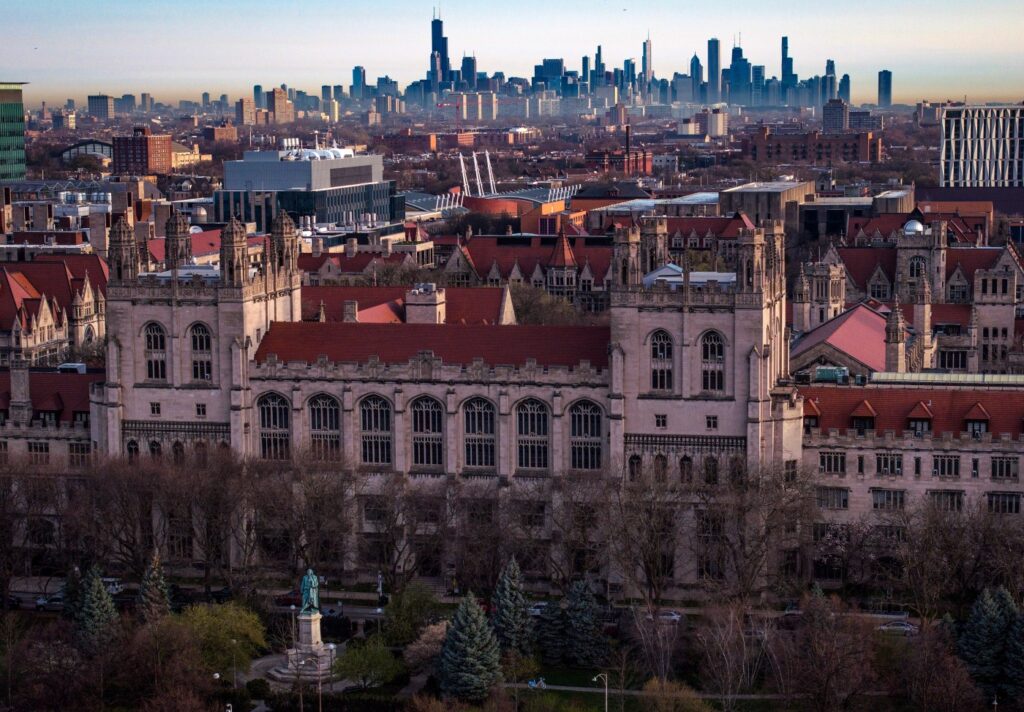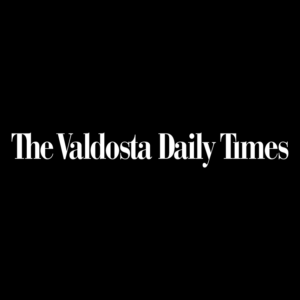
The University of Chicago is navigating significant financial challenges following the introduction of the One Big Beautiful Bill Act, which may have far-reaching implications for its operations and funding sources. As an anchor institution for the South Side of Chicago, the university attracts a substantial number of international students, contributing around $45 billion to the U.S. economy annually. However, its current financial situation reveals a concerning trend: the university’s debt now exceeds its net financial assets, with a debt-to-asset ratio five times higher than that of its Ivy League peers.
The One Big Beautiful Bill Act, part of the changes introduced during the administration of former President Donald Trump, targets critical sources of revenue for universities nationwide, including research funding, Medicaid patient revenue, endowment payouts, and international student enrollment. The university generates approximately 20% of its revenue from tuition, which accounts for a minor portion of its overall funding, with the majority stemming from endowment payouts, contracts, and grants.
Impacts on Research Funding and Medicaid Revenue
The Trump administration’s proposals include substantial cuts to the National Science Foundation and the National Institutes of Health, both crucial for research funding. Additionally, the administration aims to cap indirect cost recovery for grant recipients at 15%. These indirect costs are essential for maintaining research infrastructure, covering expenses like building maintenance and administrative support. The proposed changes threaten not only the financial viability of ongoing research projects but also the university’s investments in scientific facilities financed through debt.
Additionally, the University of Chicago’s healthcare arm, UChicago Medicine, is poised to be adversely affected by modifications to Medicaid, which the Congressional Budget Office estimates will impact 16 million individuals. In fiscal year 2024, UChicago Medicine anticipates generating approximately $4 billion in patient service revenue, with 20% derived from Medicaid. This reliance on Medicaid is significant, especially when compared to Northwestern Medicine, which relies on Medicaid for only 10% of its patient service revenue.
Endowment and Tuition Challenges Ahead
The university’s endowment payouts accounted for 16% of its revenue in 2024. The new bill modifies the excise tax on endowments, shifting from a flat tax to a graduated tax for institutions with enrollments exceeding 3,000 students. While this may not lead to immediate changes in tax obligations for the University of Chicago, it underscores the financial pressures the institution faces.
Despite tuition being a primary source of unrestricted revenue, it cannot bridge the financial gaps created by these legislative changes. At the University of Chicago, net tuition revenue was only $31,500 per undergraduate in fiscal year 2021. With 24% of students being international, including 15% of undergraduates, the university relies heavily on foreign students who often pay higher tuition rates. Recent federal actions, including visa processing delays, further complicate recruitment efforts, intensifying concerns about future student enrollment and revenue stability.
The financial precariousness of the University of Chicago is compounded by its role as a pillar of the Chicago community. The institution’s ability to attract talent and maintain its reputation hinges on addressing these challenges effectively. As the landscape of higher education evolves, the university must explore sustainable financial strategies to ensure its continued impact on the South Side and beyond.
Clifford Ando, a distinguished service professor at the University of Chicago, emphasizes the urgency of addressing these financial challenges. The interplay between evolving federal policies and the university’s financial sustainability will determine the trajectory of this vital institution in the years to come.







